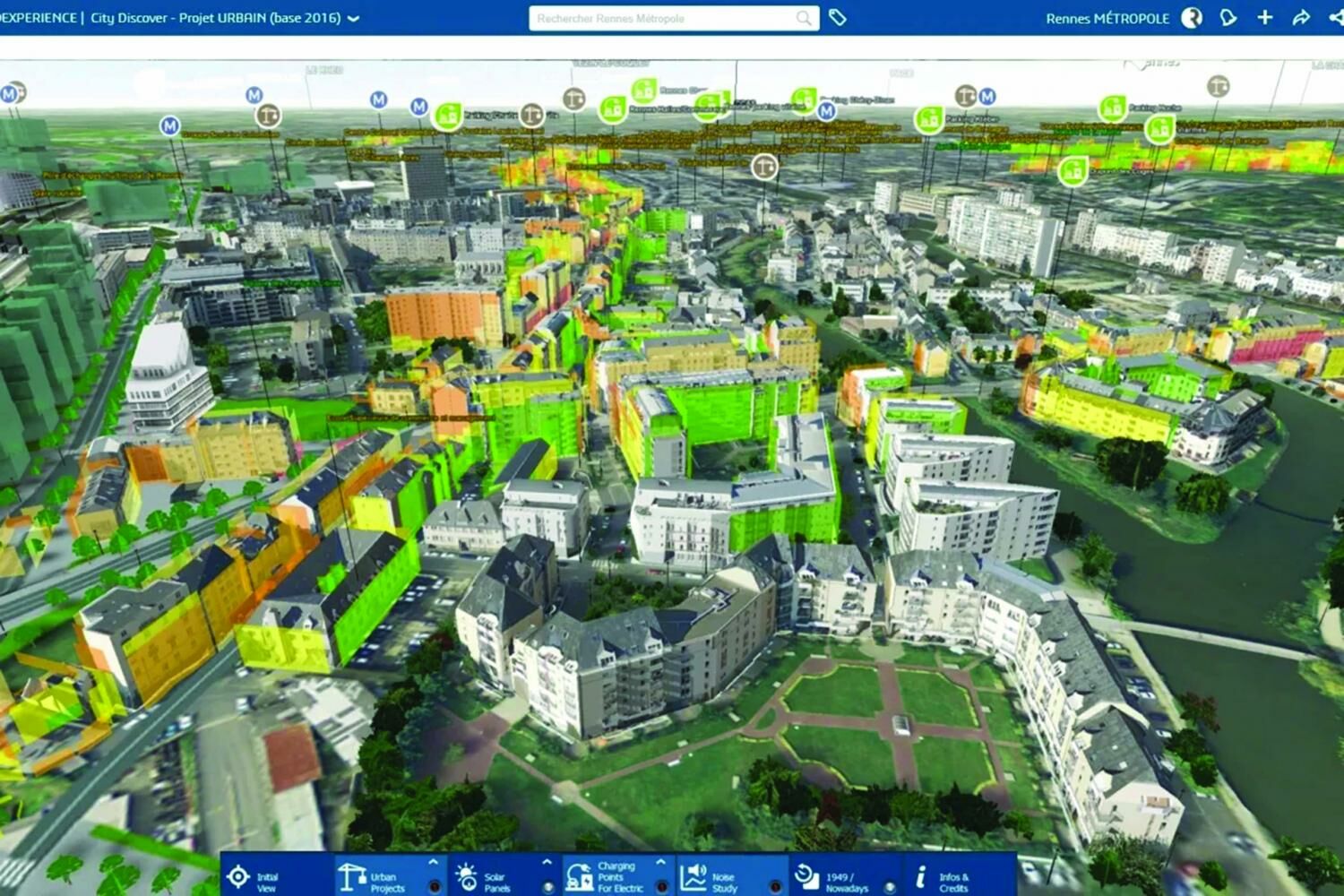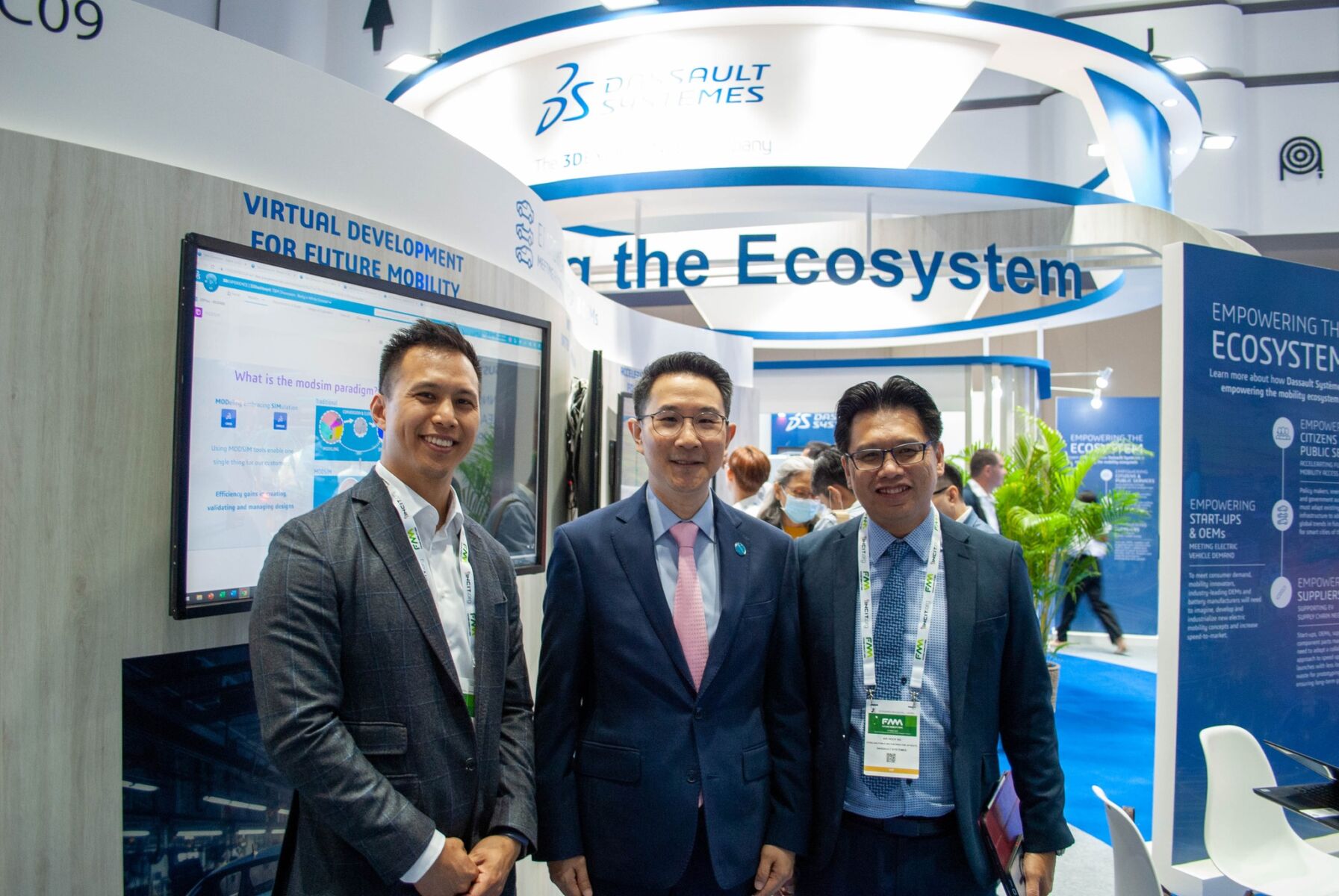Virtual twin tech tackles traffic congestion and pollution in smart cities

Virtual twin technology is emerging as a transformative tool for future mobility and smart cities, helping to address issues such as traffic congestion and air pollution, according to Dassault Systèmes, a France-based 3D design software company. This technology is an extension of digital twins, which are digital replicas of physical objects, systems, or processes that integrate advanced technologies and data sources for more sophisticated analysis, decision-making, and interaction with virtual representation.
Dassault Systèmes is at the forefront of virtual twin technology through its 3DExperience platform, which combines 3D modelling, simulation, analytics, social collaboration, and cloud computing to rapidly transform city infrastructure and advanced transport, according to Ng Aik Hock, the company’s director for cities and public services in Asia-Pacific South. Ng said…
“Virtual twins accelerate innovative ideas to create sustainable city growth and revolutionise various aspects, from buildings and resources to the entire ecosystem by providing a holistic view and digital testing capabilities.”
City planners can use virtual twins to model and simulate scenarios, gaining vital insights and visualisations into the effects of transitioning from internal combustion engine-powered vehicles to electronic vehicles (EVs) for improved air quality.

In addition to helping city planners make more precise decisions and avoid trial-and-error mistakes, virtual twin technology can also facilitate collaboration among diverse stakeholders, including public and private entities, academic institutions, and scientific organisations. The cloud-based 3DExperience platform streamlines cooperation and co-creation while enhancing the planning process, ensuring all stakeholders have the same visualisation and better communication between technical and non-technical personnel.
The technology has already been put to use in Rennes Métropole, an intercommunal structure centred around the city of Rennes, which uses virtual twin technology to address climate impact and manage the area’s landscape. Ng also noted that virtual twin technology could support the automotive sector, particularly in helping Thailand achieve its goal of becoming an EV hub by 2030, reported Bangkok Post.
Dassault Systèmes plans to open a local office in Thailand in the second half of this year to deepen support for customers and partners, Ng said.
Latest Thailand News
Follow The Thaiger on Google News:


























